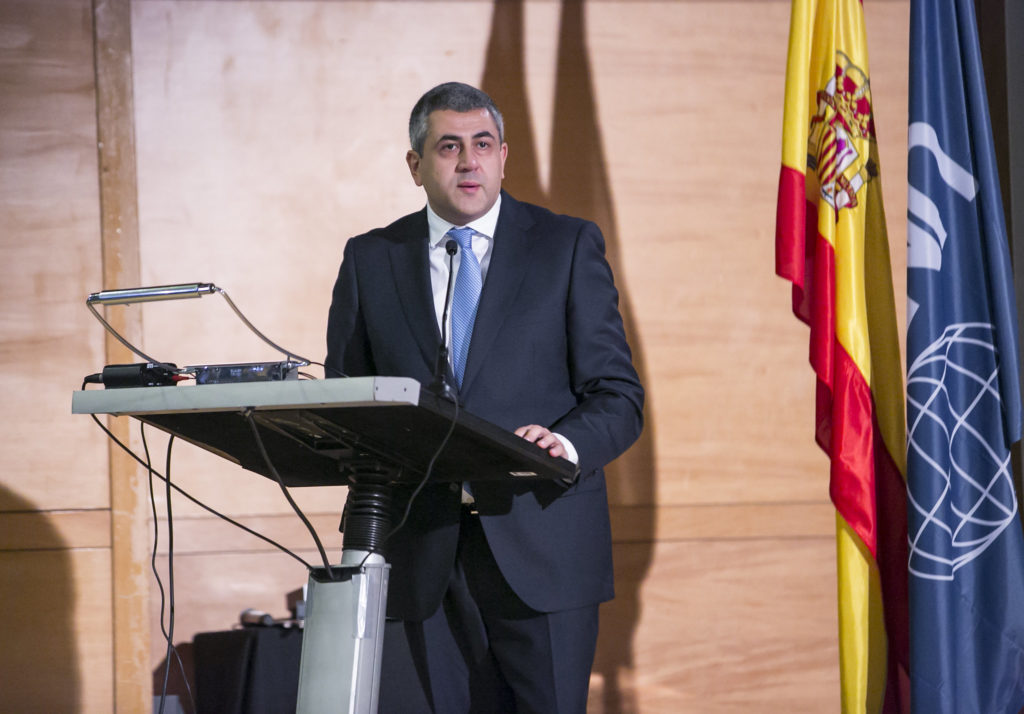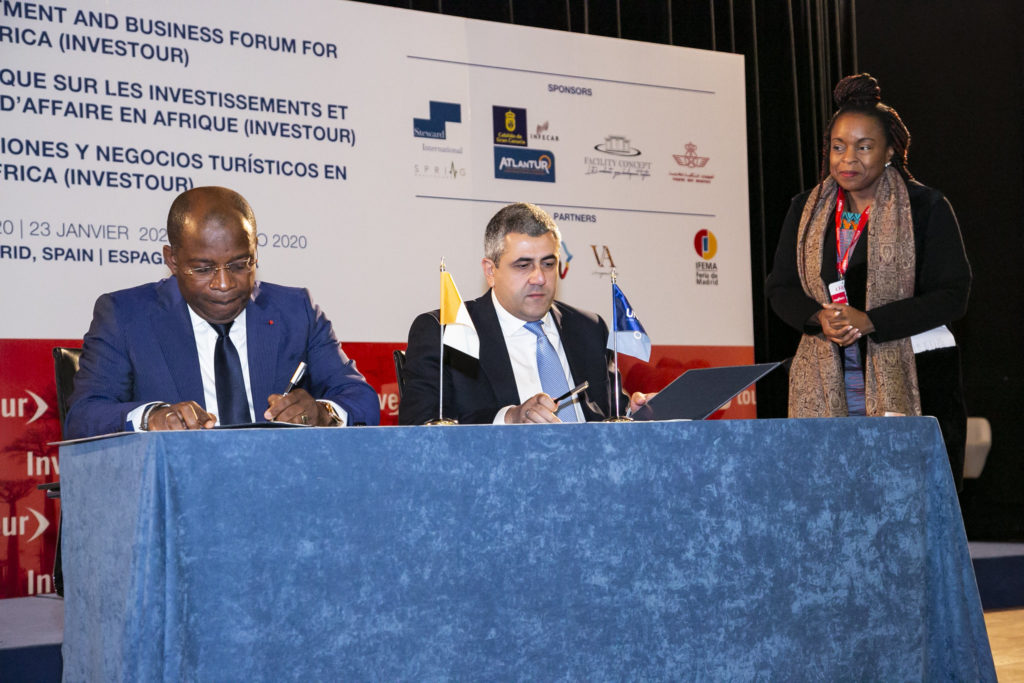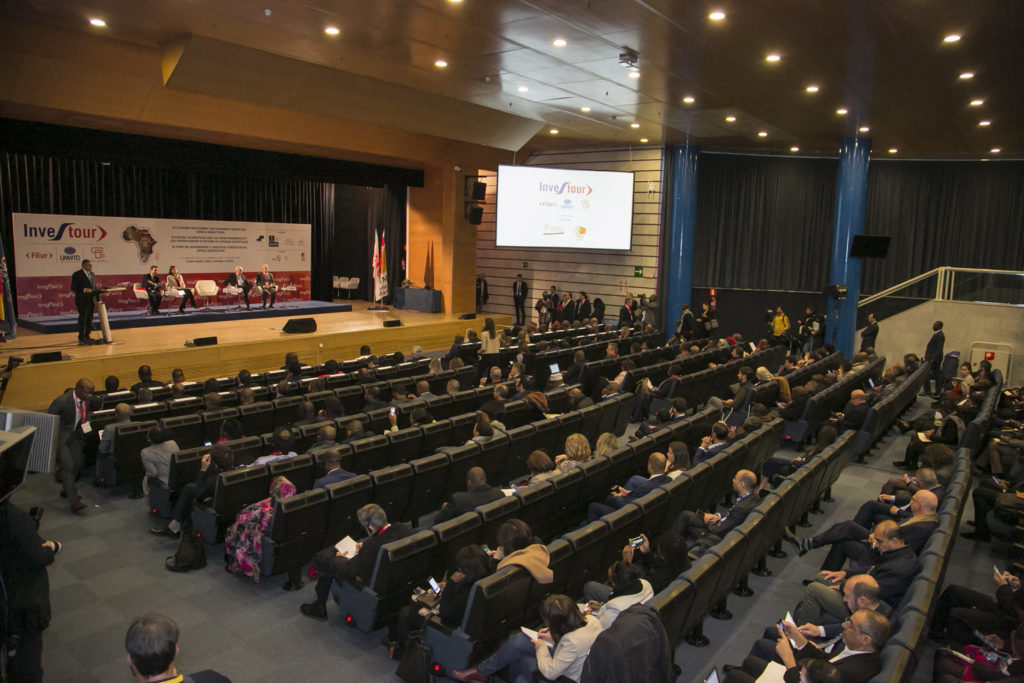Ahead of the Global Tourism Investment Forum in Africa to be held in the Abidjan, Côte d’Ivoire from 20-22 February, VoyagesAfriq would like to share our January Editorial which highlights the pivotal role of investment in Africa’s tourism development.
The Global Tourism Investment Forum is organized by the World Tourism Organization (UNWTO) and the Government of Côte d’Ivoire through the Ministry of Tourism and Leisure.
The growth of tourism in Africa at the start of the current decade is expected to double. The potential of the sector on the continent is still hugely unexplored and therefore offers the best low hanging fruit option for managers of economies to work hard towards it. Tourism as one of the primary drivers of economic growth and job creation in emerging economies needs capital injection to realize its full potential.
Experts predict that African countries could increase tourism earnings from protected areas by between four and 11 times in the coming decade.

Photo Credit: Julia Robles
One area central to this goal will be investments in the sector. From infrastructure to human resource development, technical ability and marketing will require substantial capital infusion to realize the viability of the sector.
It is essential that Government institutions encourage private/ public partnerships to secure the necessary investments inflows into the sector. We at VoyagesAfriq believe that as is the practice with all corporate governance, the structure to attract the millions from the corporate world ought to be put in place firmly.
It is commonplace that most African countries lack basic infrastructure a well as capacity (both human and material) to deliver. So, as tourists surge on the continent, the urgent need for world class accommodation facilities, restaurants, transportation and other ancillary amenities become clean.
The high demand for skilled labour also requires the establishment of hospitality institutions to fill the void. Investors need incentives to encourage them to give off their best. Therefore, allurements such as tax holidays and other motivational policies should be put in place to propel targeted investors to respond positively. That will fill the deficit in infrastructure and other provisions such as road, air and water transport not forgetting the simplification of visa requirements among others.
The Government of Côte d’Ivoire should be commended for the roundtable conference in Dubai and Hamburg in 2019 to attract investors to the tourism sector to the West African country. Ghana government ‘s launch of the beyond the return initiative is also commendable as it seeks to encourage Diasporans to consider investments in tourism as the Ghanaian economy as a whole.
According to a working paper published by Space for Giants and Conservation Capital bringing private sector capital to under-funded protected areas will allow these areas to capitalise on surging interest in nature-based non-consumptive tourism. The resultant increase in revenue and driving of sustainable local and national development would occur without draining state finances.
The working paper goes on to explain that 80% (67 million) of tourists to sub-Saharan Africa visit to view wildlife, and the number of those visitors is set to double to 134 million by 2030, generating $260 billion.

Tourism already drives 8.5% of Africa’s GDP and provides 24 million jobs. In addition: Brookings quote that “The tourism industry offers many opportunities to invest in Africa’s rich local communities, generate economic activity, and create employment opportunities for women and young people. By 2030, consumer spending in hospitality and recreation in Africa is projected to reach about $261.77 billion.
In order to capitalize on the tourism potential, policy and business, leaders should work hand in- hand to prioritize investments to accommodate entrepreneurial innovations to attract more travellers to their countries. Policymakers should also improve governance with better-coordinated effort across agencies to simplify the regulations and remove barriers to tourism development to attract investors, and promote touristic destinations.
Given the above, it is heart-warming to read that the Investment promotion is part of the ten point agenda for Africa and member states are encouraged to open up their economies to investors in the tourism sector. This year UNWTO along with partners IFEMA, and CASA Africa held the 11th Tourism and Business Investment Forum (INVESTOUR) to encourage investments in the tourism sector on the African continent.
The Secretary General of UNWTO, Zurab Pololikashvili has once again demonstrated commitment towards the development of tourism in the region and will be joining host Minister Siandou Fofana and other high-level experts to discuss and attract the needed finance to the sector.







